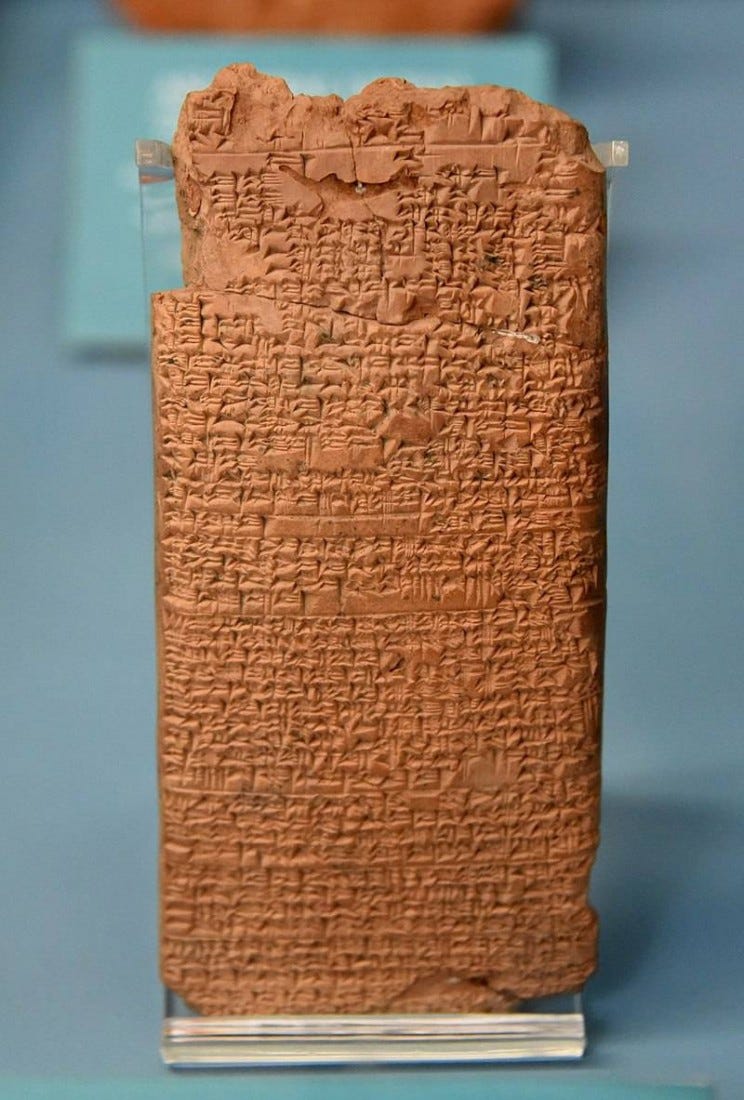In this digital age, algorithms are ubiquitous! From your phone to your computer to even your microwave, practically every device you use has something to do with algorithms. They are the literal foundation of every technology known to man. Given their importance in our daily lives, it’s worth taking a brief look at them to better understand what they are and how they became so relevant in our lives.
The term algorithm got its name from the Persian astronomer and mathematician, Abu Abdullah Muhammad ibn Musa Al-Khawarizmi (780 AD), dubbed the father of algebra (al-jabr). He was from a Persian city known as Khwarizm, found in present-day Uzbekistan. The Persian Arabs (or Arabs in general) were given very common names like Muhammad, Musa, Abdullah, and so they would (and still) differentiate each other by their location (city, state, etc). In this context, if John Doe were American, he’d be known as John Doe al-Amriki, i.e. John Doe _the American (to set him apart from John Doe the Canadian). _Similarly, Muhammad ibn (son of) Musa became known as “al-Khwarizmi”, meaning the _native of Khwarizm (in Arabic the letter ‘ya’, from which stems the ‘i/ee’ sound, is added to the end of a word to denote ‘belonging to’). Al-Khwarizmi wrote many important mathematical books that were later translated into Latin. It was his book on Arabic-Hindu numerals and arithmetic, called Al-Khwārizmī On the Hindu Art of Reckoning, _later Latinized as _Algoritmi de numero Indorum _that gave the word ‘algorithm’ to the Western world.
An algorithm is a series of step-by-step instructions that aim to solve a particular problem. From that definition, it can be seen that they have existed for as long as humans have been striving to solve problems on earth. Thus, things like recipes, mathematics, and physics are all forms of algorithms. It can be argued that the creation of the first artificial fire in the Wonderwerk Cave of South Africa, millions of years ago by Homo Erectus, constitutes our first evidence of the use of algorithms. However, most historians hold the view that the Babylonian clay tablets (1600–1800 BC) are the world’s first known algorithm. The Babylonians had developed a numerical system using cuneiform numeralsto count and they preserved those calculations on tablets.
#algorithms #machine #alan-turing #turing-machine #history #algorithms
